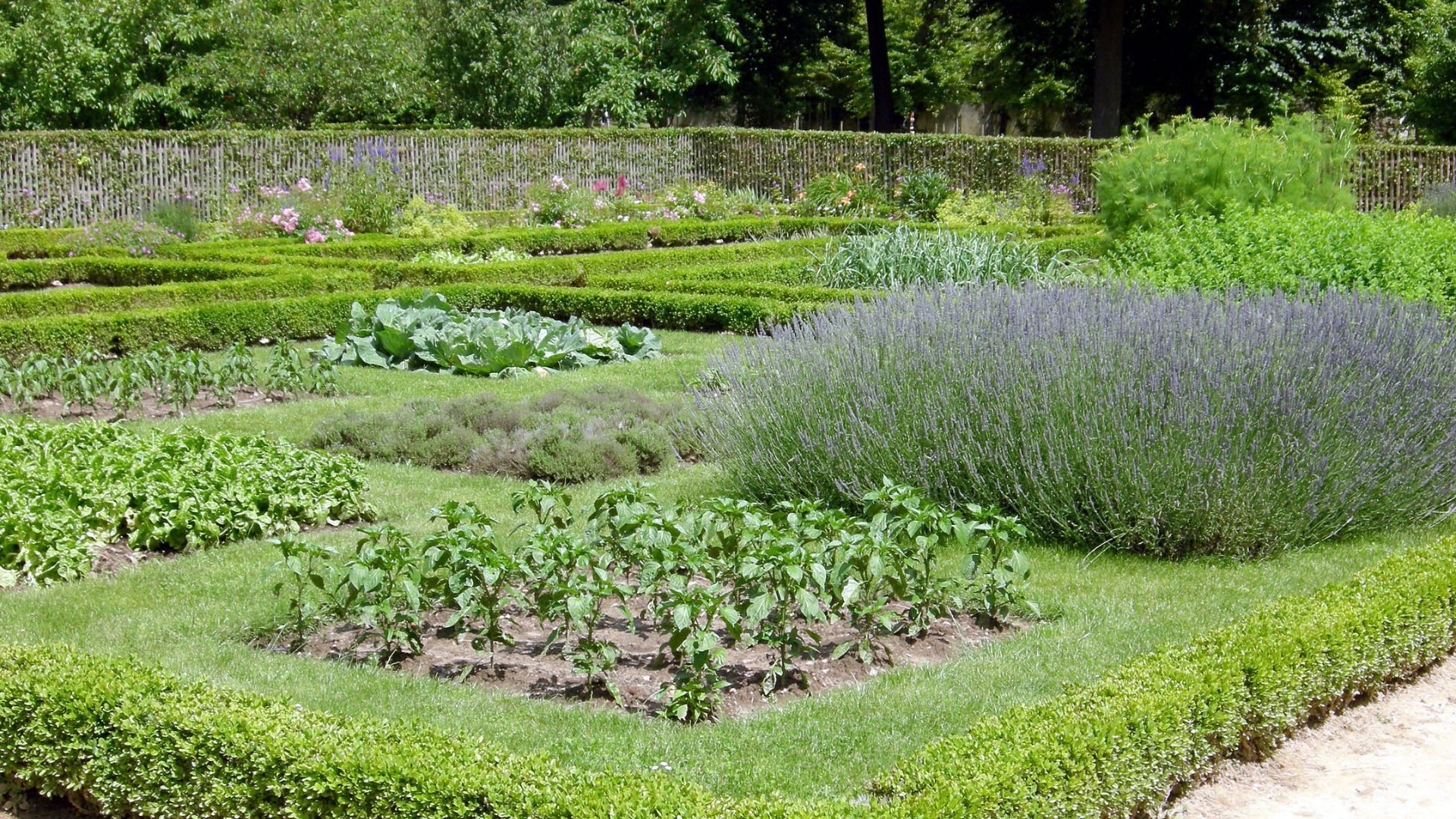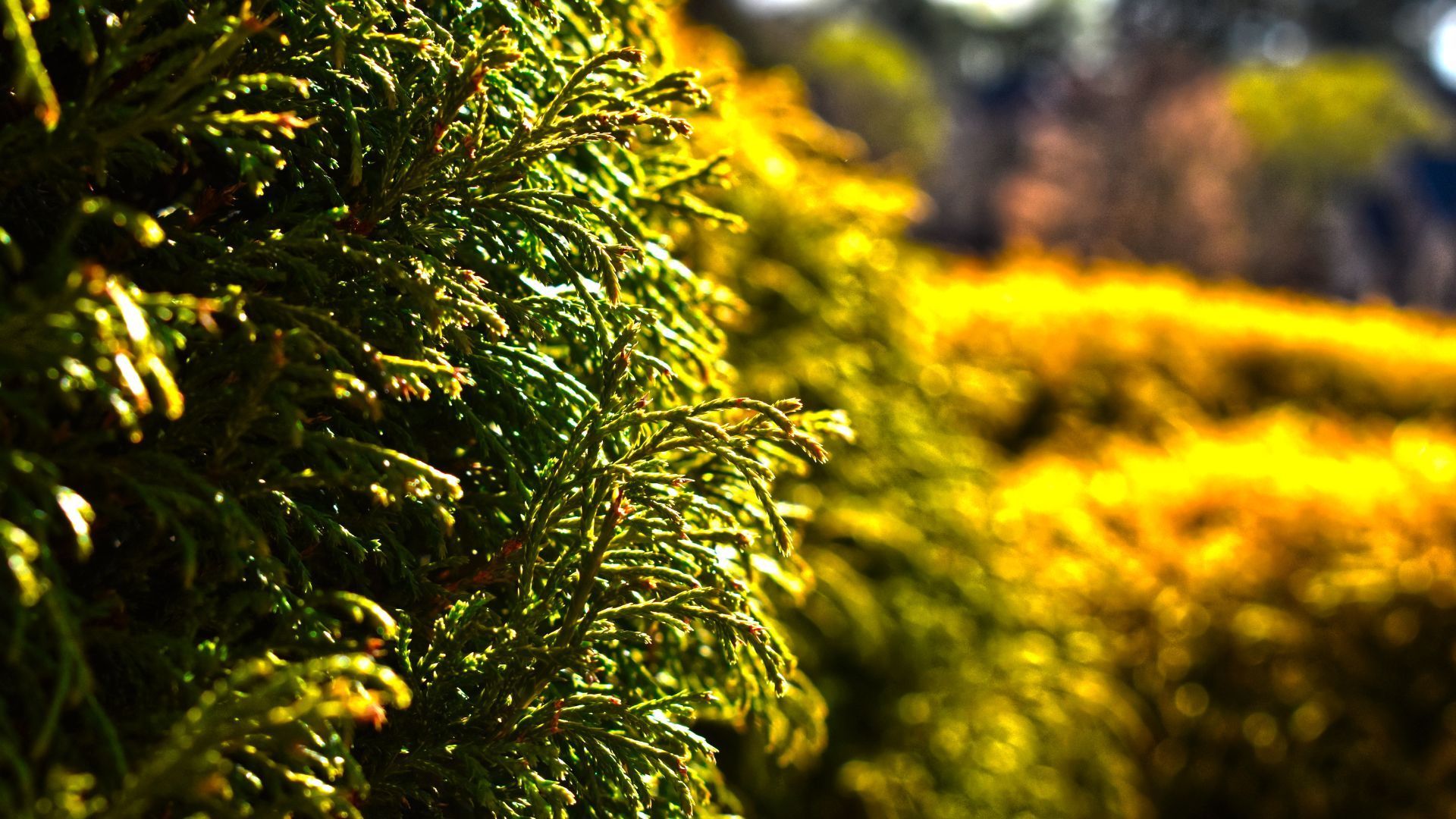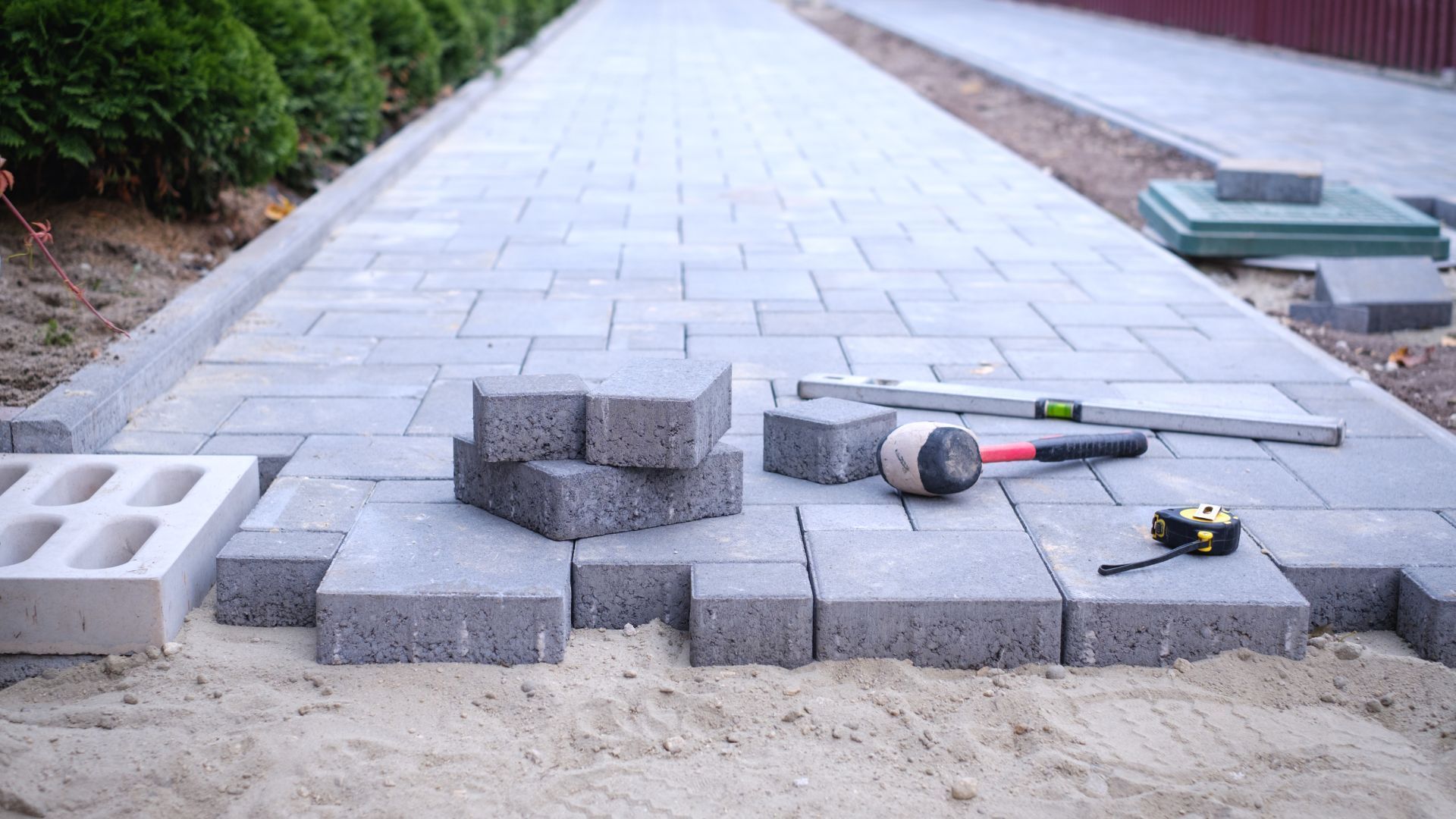How to Create a Sustainable Garden in Mississauga
Nestled along the shores of Lake Ontario, Mississauga boasts a vibrant community and a thriving urban landscape. As the city grows, so does the importance of sustainability. One impactful way to contribute to a greener future is by cultivating a sustainable garden. Whether you have a sprawling backyard or a cozy balcony, here are a few tips to help you create an eco-friendly oasis right in the heart of Mississauga.
Use Native Plants
Embrace the natural beauty of Mississauga by incorporating native plants into your garden. Native species are well-adapted to the local climate and soil conditions, requiring less water and maintenance. They also provide essential habitat and food for native wildlife, fostering biodiversity in your backyard.
Prioritize Water Conservation
Since water conservation is crucial in our community, one of the best ways to respect the environment is to opt for drought-tolerant plants and implement water-saving techniques such as mulching and drip irrigation. You can also collect rainwater in barrels to use for watering your garden, reducing your reliance on municipal water sources.
Compost Your Leftovers
Turn your kitchen scraps and garden waste into nutrient-rich compost to enrich your soil naturally. Composting not only reduces the waste sent to landfills but also enhances soil structure and fertility, promoting healthier plant growth and reducing the need for chemical fertilizers.
Implement Organic Gardening Practices
Say no to harmful pesticides and synthetic fertilizers that can harm beneficial insects, soil microbes, and waterways. Instead, practice organic gardening methods such as plant rotation, companion planting, and integrated pest management to keep your garden healthy and balanced.
Build Wildlife Habitats
Create a welcoming habitat for local wildlife by incorporating features such as bird feeders, bee hotels, and butterfly gardens into your landscape. These additions not only attract fascinating creatures but also contribute to pollination and natural pest control.
Reduce, Reuse, & Recycle
Get creative with repurposing materials in your garden to minimize waste and reduce your ecological footprint. Use reclaimed wood for raised beds, repurpose containers for planters, and recycle household items as garden decorations or tools.
Never Stop Learning
Even after your sustainable garden is established, try to stay informed about sustainable gardening techniques and innovations by attending local workshops, joining gardening clubs, or following online resources and forums. Gardening is a journey of continuous learning, and staying updated can help you adapt and improve your practices over time.
Adapt to the Seasons
Practice mindful garden maintenance throughout the seasons to ensure the long-term health and sustainability of your garden. Regularly assess plant health, manage weeds manually or with natural methods, and adjust watering and fertilizing schedules based on weather conditions.
Celebrate Successes
Don't be a afraid to take pride in the positive impact your sustainable garden has on the environment and the community. Share your successes, big or small, and celebrate milestones such as harvests, wildlife sightings, and increased biodiversity in your garden. Sustainable gardening should be a fun endeavor, so enjoy every accomplishment, no matter how small it might seem!
By following these tips, you can create a thriving and sustainable garden that not only enhances the beauty of your home but also contributes to a healthier planet for future generations to enjoy. Start small, experiment, and watch your garden grow into a green sanctuary that inspires others to follow suit in cultivating a more sustainable world.
Need a little help starting your sustainable gardening journey? Our garden designers and installers are just a call away!
You might also like



Get a free quote today!
Contact Us
We will get back to you as soon as possible.
Please try again later.
100% Satisfaction Guaranteed!
Our Highly Skilled Experts Provide Fast And Permanent Solutions For Your Landscaping Needs. Your complete satisfaction is our #1 goal.

SERVICE AREAS
Contact Us
- Mon - Fri
- -
- Sat - Sun
- -
